Belly fat is more than a cosmetic issue—it’s a health hazard. Excess visceral fat (deep abdominal fat) raises risks for heart disease, diabetes, and metabolic disorders. Spot reduction isn’t possible, but holistic lifestyle changes can shrink your waistline. Here are 14 proven methods to target belly fat effectively.
Table of Contents
1. Understand Belly Fat: Subcutaneous vs. Visceral
Belly fat has two types:
- Subcutaneous fat: lies under the skin. Less harmful but stubborn.
- Visceral fat: Wraps around organs. Releases toxins linked to disease.
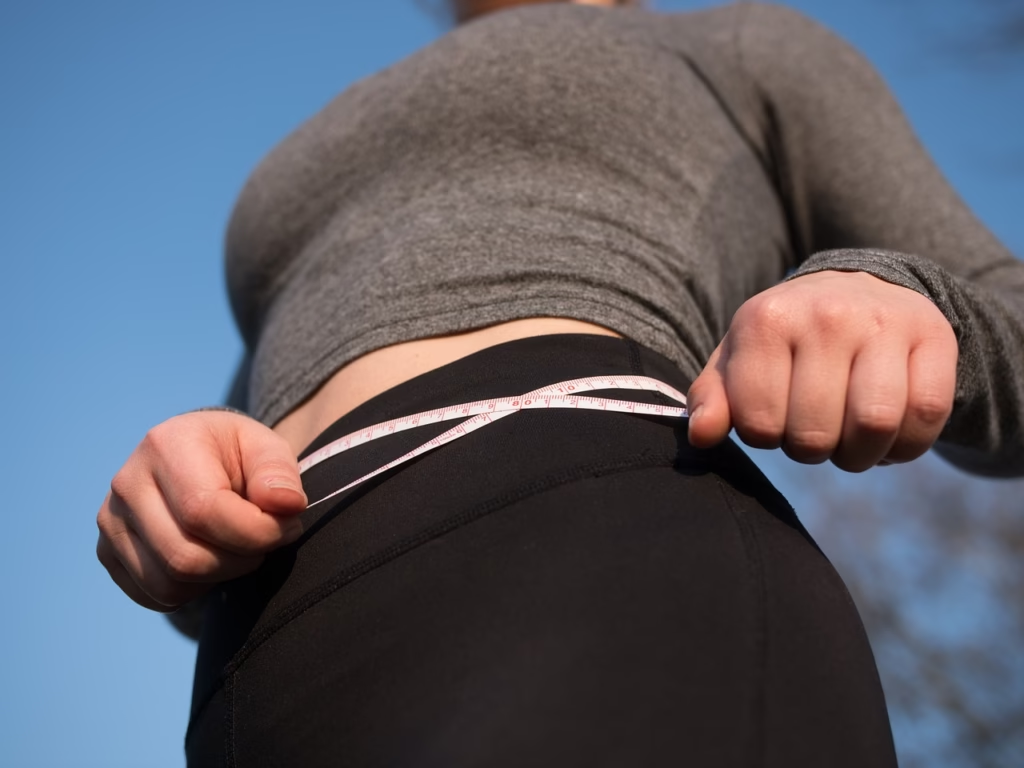
Why Visceral Fat is Risky
It disrupts hormones, spikes inflammation, and increases insulin resistance. Even slim people with high visceral fat face health risks.
How to Measure It
- Waist size: men > 40 inches, women > 35 inches.
- Body scans (DEXA/CT) for accuracy.
2. Overhaul Your Diet
Diet is key for losing belly fat. Focus on whole, unprocessed foods.
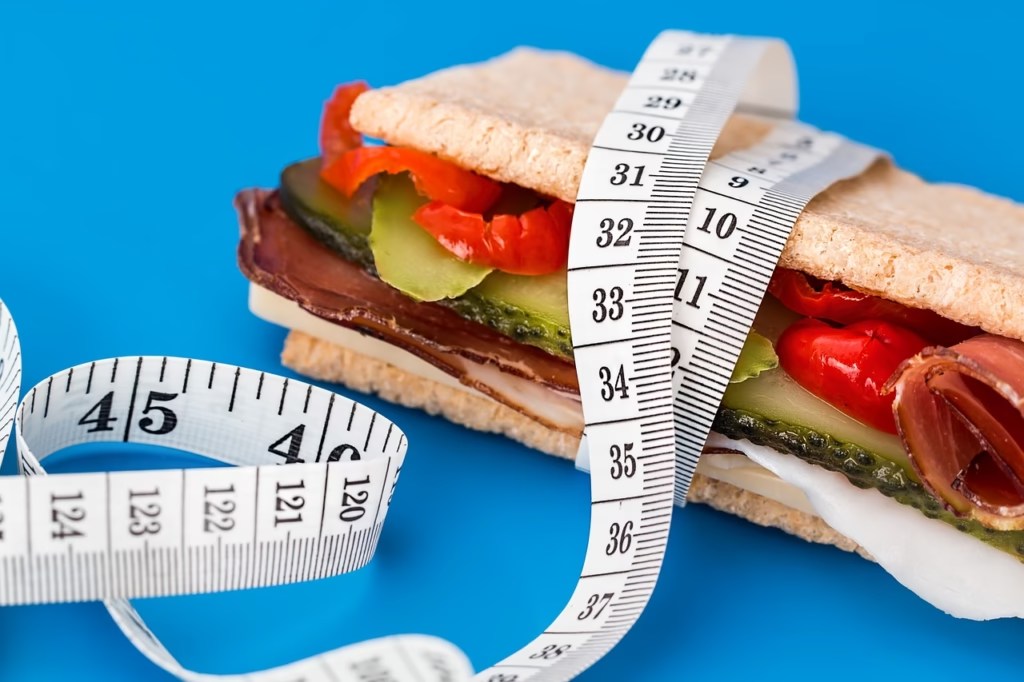
a. Cut Refined Carbs and Sugars
White bread, pastries, and sodas spike insulin, driving fat storage.
Swap with: quinoa, oats, berries, and apples.
b. Eat More Protein
Protein boosts metabolism and curbs hunger. Aim for 0.8–1.2 g per pound of body weight daily.
Sources: chicken, fish, lentils, Greek yogurt.
c. Add Healthy Fats
Monounsaturated fats (avocados, nuts) and omega-3s (salmon, chia seeds) reduce inflammation.
d. Focus on Fiber
Soluble fiber (oats, beans) slows digestion and lowers visceral fat. Aim for 25–30 g daily.
e. Stay Hydrated
Water aids metabolism. Drink 3–4 liters daily.
Tip: Replace soda with green tea for a fat-burning boost.
3. Exercise Smart
Combine cardio, strength training, and core work.
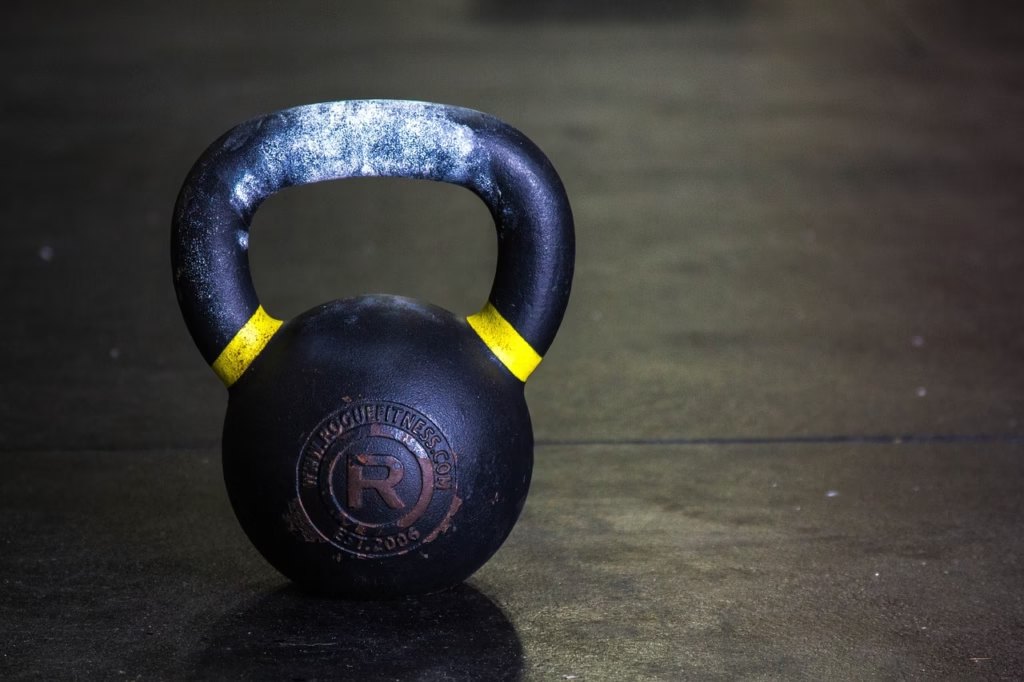
a. HIIT Workouts
High-intensity intervals burn fat fast. Example: 30-second sprints + 1-minute walks, repeated.
b. Lift Weights
Strength training builds muscle, raising metabolism. Try squats, deadlifts, and push-ups 3–4x weekly.
c. Strengthen Your Core
Planks, Russian twists, and Pilates improve posture and muscle tone.
4. Prioritize Sleep
Poor sleep increases hunger hormones. Aim for 7–9 hours nightly.

Tips:
Avoid screens before bed.
Keep your room cool and dark.
5. Manage Stress
Chronic stress raises cortisol, which stores belly fat.

Reduce Stress With:
- 10-minute meditation daily.
- Yoga or nature walks.
6. Try Intermittent Fasting
Restrict eating to 8–10 hours daily (e.g., 12 PM–8 PM). Studies show it reduces visceral fat by 4–7%.

7. Improve Gut Health
A healthy gut aids weight loss. Eat probiotic yogurt and prebiotic garlic/onions.

8. Track Progress Wisely
Skip daily weigh-ins. Measure waist size monthly or use progress photos.

9. Avoid Crash Diets
Extreme diets slow metabolism. Aim to lose 1–2 lbs weekly.

10. Eat Thermogenic Foods
Chili peppers, green tea, and coffee boost calorie burn.

11. Move More Daily
Walk 10,000 steps, use a standing desk, or stretch hourly.

12. Check Hormones
Imbalances in insulin or cortisol stall fat loss. Consult a doctor if needed.
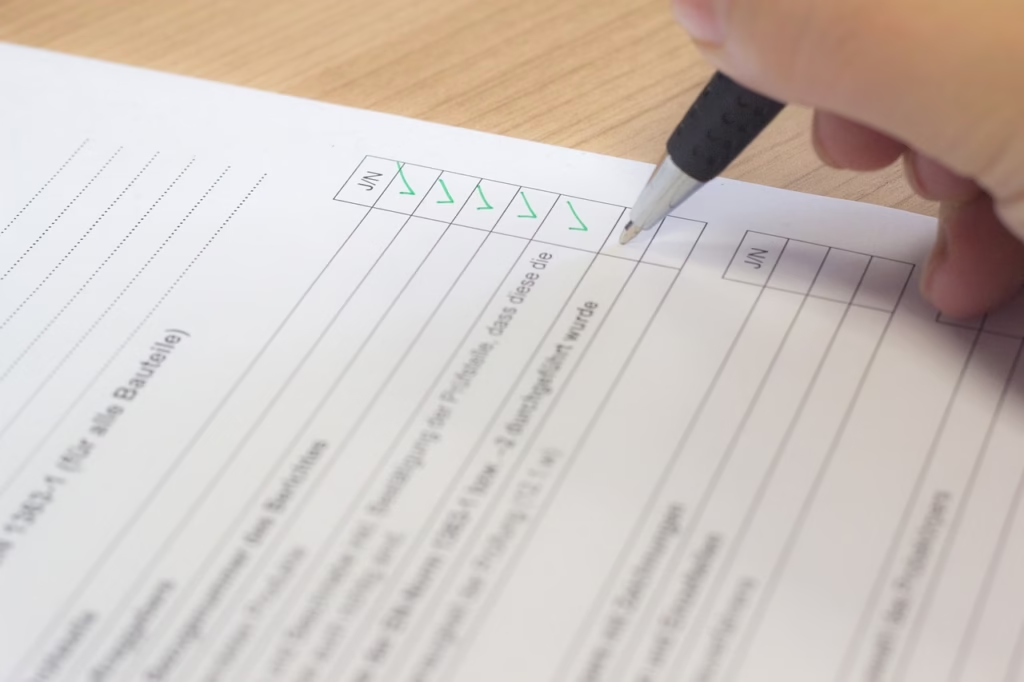
13. Avoid Late-Night Snacks
Eating before bed disrupts sleep and digestion. Finish meals 3 hours before sleeping.
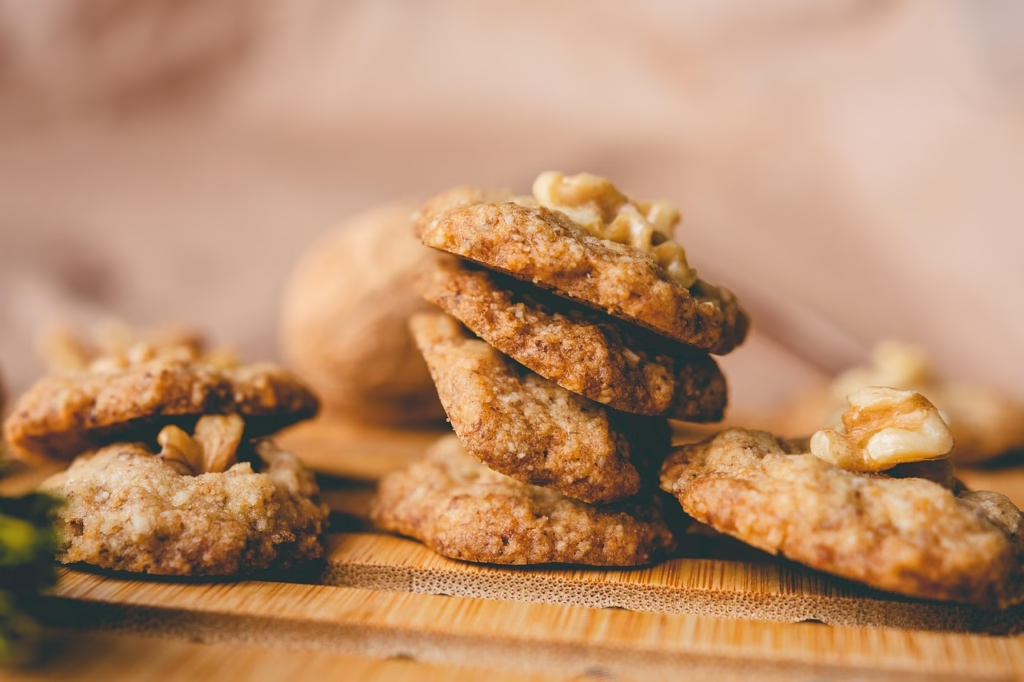
14. Stay Consistent
Belly fat loss takes time. Celebrate small wins like better energy or tighter clothes.

Conclusion
Losing belly fat requires patience and lifestyle changes. Pair a nutrient-rich diet with exercise, sleep, and stress management. Focus on visceral fat reduction to improve long-term health, not just aesthetics.
FAQ: Your Belly Fat Questions Answered
Q1: Can I target belly fat with specific exercises?
No. Spot reduction is a myth. Fat loss occurs body-wide. Focus on overall weight loss with cardio, strength training, and a calorie deficit.
Q2: How long does it take to lose belly fat?
It varies. With consistent effort, most see results in 4–12 weeks. Aim for 1-2 lbs of weight loss weekly.
Q3: Are “fat-burning” supplements effective?
Most lack evidence. Prioritize whole foods, protein, and fiber. Green tea and caffeine may offer mild metabolic boosts.
Q4: Does stress really cause belly fat?
Yes. Chronic stress raises cortisol, which directs fat storage to the abdomen. Manage stress with meditation or yoga.
Q5: Is belly fat genetic?
Genetics influence fat distribution, but lifestyle choices (diet, exercise, sleep) play a larger role.
Q6: Can I lose belly fat without exercise?
Yes, but exercise speeds results. Diet is the biggest factor, but activity boosts metabolism and muscle retention.
Q7: Are artificial sweeteners bad for belly fat?
Some studies link them to increased cravings and visceral fat. Opt for natural sweeteners like stevia or fruit.
Q8: Does menopause cause belly fat?
Hormonal changes can shift fat storage to the abdomen. Strength training and protein-rich diets help counter this.
Q9: Can I drink alcohol and still lose belly fat?
Moderation is key. Alcohol adds empty calories and pauses fat burning. Limit to 1–2 drinks weekly.
Q10: Why is my belly fat not budging?
Common culprits:
- Hidden calories (sauces, sugary drinks).
- Poor sleep or chronic stress.
- Hormonal imbalances (get tested).














